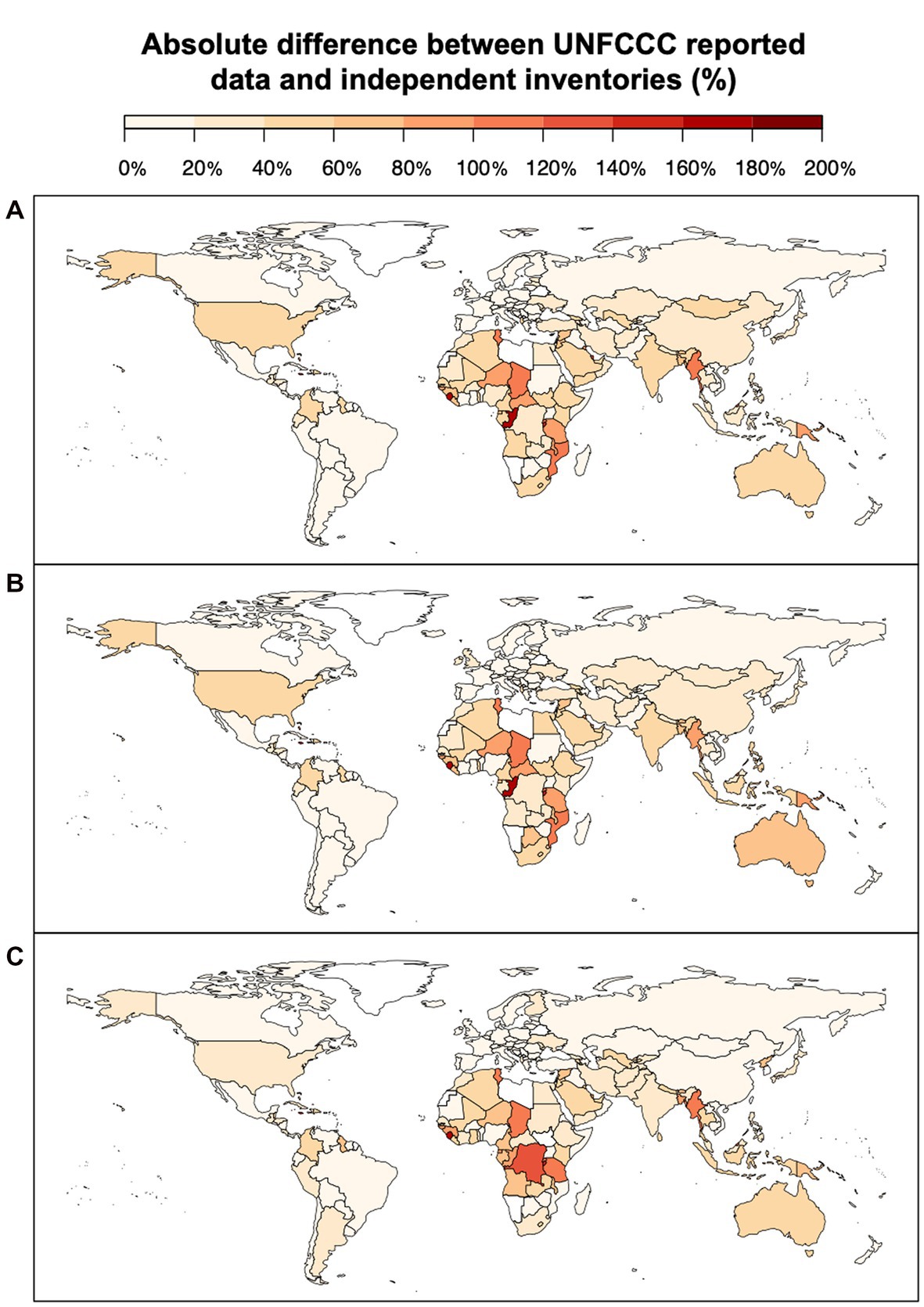May 19 2023 | Frontiers in Sustainable Food System
This study, led by the International Center for Tropical Agriculture (CIAT), focuses on tracking greenhouse gas (GHG) emissions from agriculture and land use to inform global climate policy. The researchers found inconsistencies in the reported emissions data from different sources, including UNFCCC country reports and independent databases. These discrepancies are particularly significant in developing countries, which collectively contribute the largest share of emissions.
The study emphasizes the need for better consistency in national agricultural GHG inventory data and transparency regarding the differences among scientific data sources. The researchers highlight limitations in the current inventories, such as poor reporting by low- and middle-income countries, uncertainties in reported data (especially for methane and nitrous oxide emissions), and a lack of robust activity data and emission factors.
To address these challenges, the study suggests using multiple sources of emissions estimates, including remote sensing, modeling, and machine learning. It also calls for improved inventory guidelines, an interactive platform for data submission, and increased engagement among stakeholders to enhance the transparency and accuracy of inventories.
The study concludes that reliable data is crucial for decision-makers and proposes using independent sources as a complement until UNFCCC data is more satisfactory. It also emphasizes the importance of developed nations providing sustained support and finance to help developing countries improve their inventory reporting capabilities.


